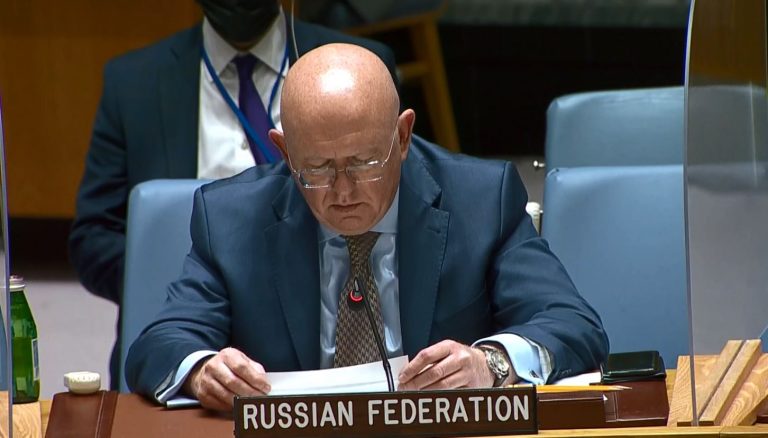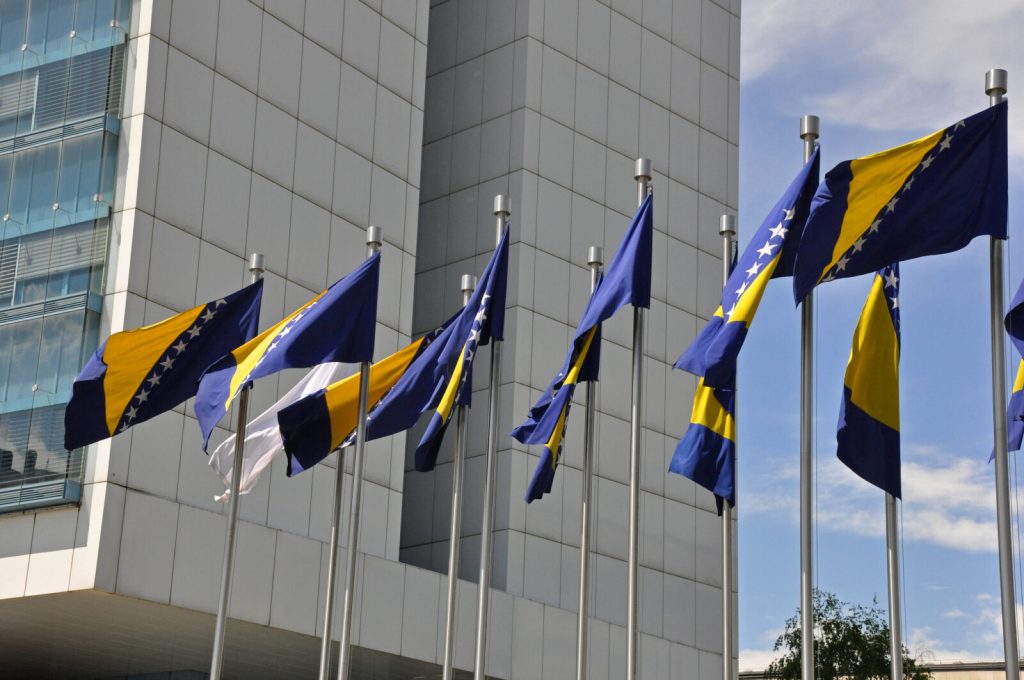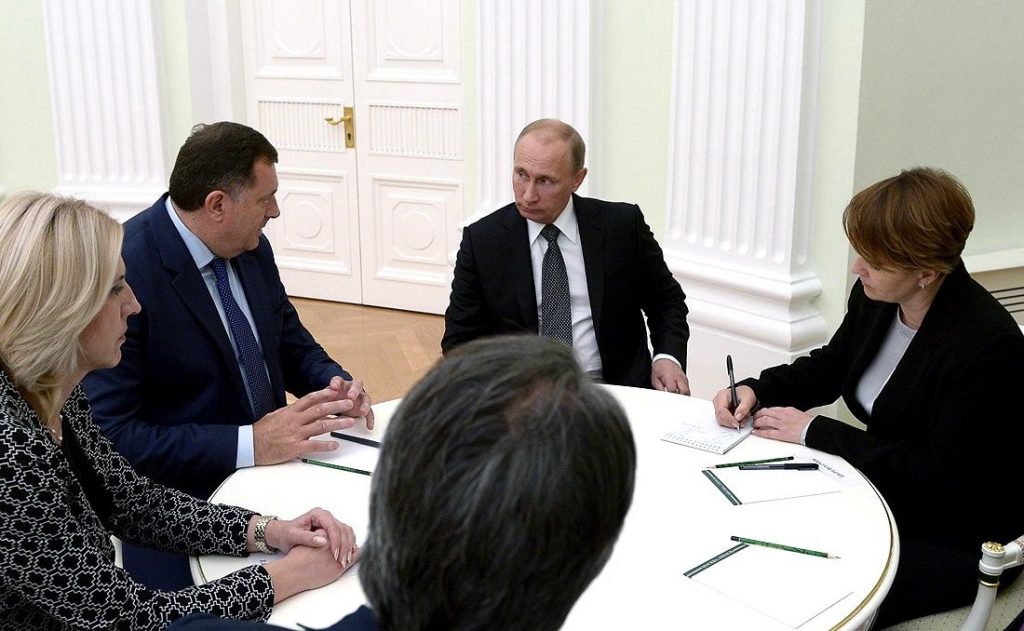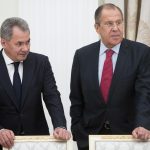Russia’s call for the UN Security Council to abolish the post of International High Representative for Bosnia and his office by July 2022 can be seen as Moscow’s attempt to destabilize the situation in the Balkans, increase its security influence in the region and strengthen Serbia’s position. Moreover, it breaks the Dayton Accords that ended the war in Bosnia.
China co-sponsors Russia’s initiative to scrap the post. Doubtfully, the resolution will garner the minimum nine out of 15 votes, necessary enough to override the veto.
According to the Dayton Agreement, the UN representative for Bosnia has the right to make interim decisions binding on all state authorities in case of the government’s failure to reach a consensus. In addition, the diplomat is empowered to remove from office any official and any electoral candidate in Bosnia and Herzegovina.
The Kremlin believes that the UN representative post abolition simmered due to the fact that the parties in Bosnia have allegedly succeeded in negotiations. However, it is not the real point, since this very initiative is aimed at undermining legal framework that guarantees peace in the region. Russia is one of the Dayton Agreement guarantors though its initiative looks like an attempt to sabotage it.
The Bosnian Serbs, led by the pro-Russian Serbian extreme nationalist and Miroslav Dodik (who denied the genocide in Srebrenica and supported Ratko Mladic’s war crimes), actively speak against the UN envoy. The UN representative’s powers made it possible to block decisions changing the power balance in favor of the Bosnian Serbs and official Belgrade without appeal and immediately.
Formally, Russia’s demarche coincided with the discussion of the designation of German diplomat Christian Schmidt as the UN high representative for Bosnia and Herzegovina (BiH). Moscow stated that it does not support this candidate because it had not been supported by all parties in Bosnia and Herzegovina.
The Kremlin seeks to prevent BiH from integration into the EU and NATO structures. Under this scenario it will preserve influence on stability in the region and urgently create unstable zones trading with the West on other issues or divert attention from other geographic directions. On March 19, the Russian embassy in Sarajevo said that in case of BiH-NATO practical rapprochement, Russia will have to respond to this unfriendly step.
The article on the website of the Russian International Affairs Council, a part of the sphere of Russian foreign intelligence influence in 2015, said that ‘leaders of the Republika Srpska have been recently discussed the necessity to change the Dayton order for Bosnia and Herzegovina’. Such ambitions can destabilize the whole Balkan region and intensify foreign competition. Thus, today the Kremlin supports politicians of the Republika Srpska and their agenda that 6 years was seen by Moscow as the one that endangers stability in the region. The mentioned article emphasized that the RS leadership would likely try to secede in the long term, which, against the background of an unstable socio-economic situation and ongoing mutual mistrust between the major peoples of BiH, would provoke conflicts and undermine the political balance in the region. Such a forecast of Russian intelligence contradicts Moscow’s current statements and proves an attempt to change the power balance in the Balkans and strengthen Bosnian Serbs’ positions that, in turn, might cause a regional conflict. The fact that Moscow recognizes the possible aggravation of the situation in Bosnia and Herzegovina discredits Russia’s statements at the UN that the parties have reached bilateral agreements. Thus, Russia’s initiative is a pure attempt to destabilize the situation in the region and lobbying for the interests of the Republika Srpska who intends to secede from Bosnia and Herzegovina in the framework of irredentism idea.






